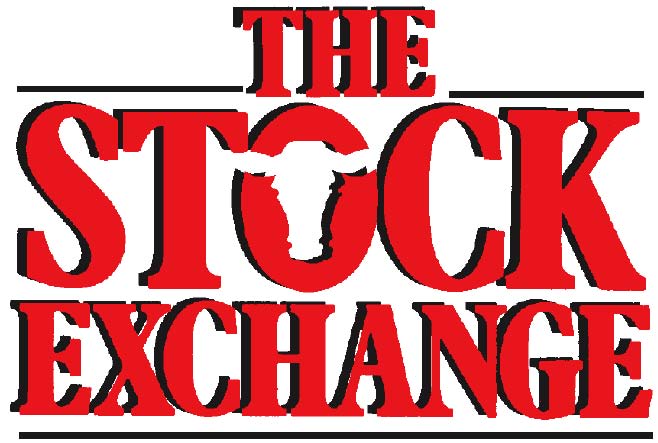K-State experts offer advice on how to maximize the return on investment
MANHATTAN, Kan. — When putting money in the stock market, there is nothing like the feeling of watching a return on investment grow.
The same can be true when cattle producers are financially rewarded at the point of sale for their time and money invested in pre-conditioning calves. But as the experts at the Kansas State University Beef Cattle Institute recently shared on a Cattle Chat podcast, that value can vary greatly.
“The most profitable cattle producers find ways to add value to their animals by selecting good genetics, following health protocols and then telling people about how those calves were raised,” said veterinarian Bob Larson, adding that the average sale price is one of the biggest drivers of profitability.
K-State Research and Extension beef specialist Bob Weaber stressed the importance of using quality genetics to optimize the cow investment and maximize the performance of the calves, especially when considering retained ownership past weaning.
“Producers who make good breeding decisions can typically capture more value the longer they own the calves through either the stocker phase, or partnering on them through the animal’s time in the feedlot,” Weaber said.
To determine the best marketing plan for the operation, the experts advise producers spend time analyzing the costs against the profit potential.
“It is important to look at the costs versus the benefits to know when the right marketing endpoint will be for the calves and what makes the most sense for the operation,” said veterinarian Brad White.
Once the marketing endpoint is determined, Weaber said it is important to communicate all the information about the calves to prospective buyers.
“Spend time on marketing. Telling prospective buyers about the genetics and how the calves were cared for will increase their confidence in the calves and raise the value of the calves to the buyer,” Weaber said.To hear the full discussion on maximizing the value on calves, listen to the BCI Cattle Chat podcast.
